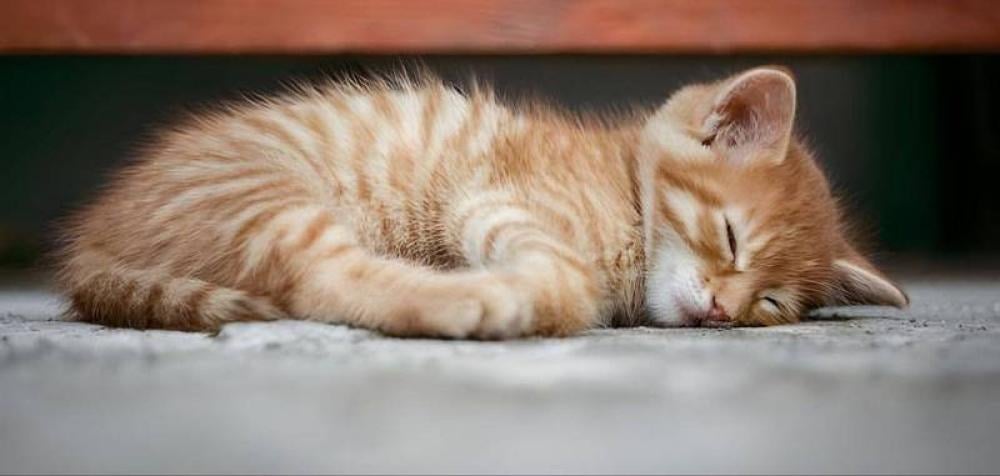Cats sometimes suffer from various health problems, and among these problems comes cat diarrhea as a common problem. Cat diarrhea is an important topic that must be recognized and its causes must be well understood. The causes of cat diarrhea are diverse.
In this article, we will discuss in detail the causes of cat diarrhea and how to deal with it effectively to ensure the health and safety of your pet.
What is cat diarrhea and is it normal
When a cat has diarrhea, it is accompanied by an increase in the frequency of stool or a change in its size and appearance, as it becomes loose or watery. The appearance of diarrhea also varies from one cat to another, but it is often watery and its color may change, as it may be lighter or darker than normal, or perhaps bloody diarrhea or green or yellow in color.
If you feel that your cat is suffering from diarrhea, there is no need to worry, as it is often temporary and can be treated with a simple change in diet or consulting a specialized veterinarian. The severity and duration of diarrhea varies depending on its cause, so it is necessary to follow up and take appropriate measures to deal with it effectively and ensure the comfort and health of the cat.
Symptoms of diarrhea in cats
Here are the most important signs that your cat has stool, which include the following:
Changes in stool consistency, such as loose or watery stools, which may have a foul odor, mucus, or blood.
The cat may defecate more often than usual, with smaller amounts of stool each time.
The cat defecates outside the litter box, or in unfamiliar places inside the house.
The cat makes noises or shows signs of straining while defecating.
The cat refuses to eat or reduces the amount of food it eats.
The cat is losing weight significantly.
The cat is lethargic, and the cat becomes less active than usual.
In some cases, the cat suffers from vomiting in addition to diarrhea.
Presence of worms in the stool.
Abdominal pain.
Causes of cat diarrhea
Changing your cat's food can cause diarrhea, especially if the new food is not introduced gradually.
Cats become infected with intestinal parasites through exposure to other infected animals or through consumption of contaminated food or water.
Cats become infected with a viral or bacterial infection through exposure to other infected animals or through the surrounding environment.
Some cats are allergic to certain types of food, which can lead to diarrhea.
Cats can get enteritis, a disease of the digestive system.
Infection with some diseases, which are accompanied by diarrhea as one of the symptoms of these diseases, such as: kidney or liver diseases or diabetes.
Stress causes diarrhea in some cats.
Gastrointestinal tumors in cats.
How to prevent cats from diarrhea
Here are some tips to prevent your cat from getting diarrhea:
Make sure you are feeding your cat a high-quality food that meets her nutritional needs.
If you want to change your cat's food, introduce the new food gradually over 3-5 days.
Clean the litter box daily to prevent the spread of infection.
Your cat should be taken to the vet regularly for check-ups and vaccinations.
It is important to monitor your cat's behavior for any changes in her eating habits or bowel behavior.
Do not allow your cat to come into contact with a sick cat or any other infected pet in your home
The Seventh Bird Store provides you with your needs in order to address this problem:
Morando Miglore Sterilized Dry Food for Sterilized and Sensitive Cats with Chicken 800g
Brit Dry Cat Food for Cats with Food Allergies Herring 2kg
Royal Canon Dental dry cat food 1.5kg

